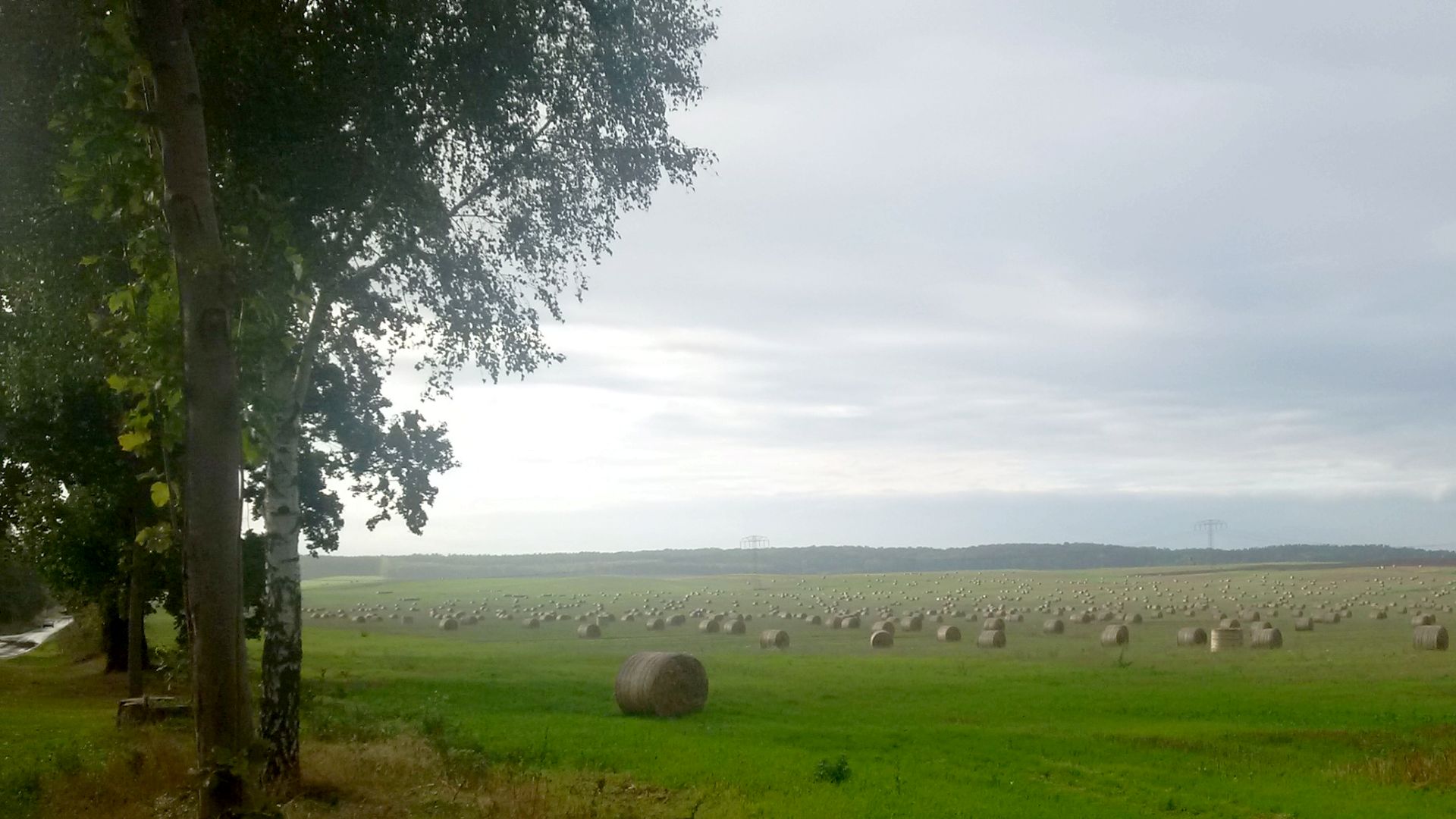Distance selling has been growing steadily in Germany and Europe for years.
Online retailing is particularly relevant in this context, as it is expected to grow by around 20 percent by 2020 and thus continue to consume a considerable amount of resources. The project analyzes the ecological implications of online commerce and identifies possible control options for environmental policy. Among other things, this will be used to form scenarios for the future design of online retailing, as well as to derive recommendations for action and develop consulting services for the Competence Center for Sustainable Consumption.
- The first partial report from the project has been published: Click here to access it.
- The second partial report from the project has been published: Click here to access it.
- Guideline for an ecological online store on the UBA website
- The Federal Environment Agency has published tips for environmentally conscious shopping on the Internet on its website.
